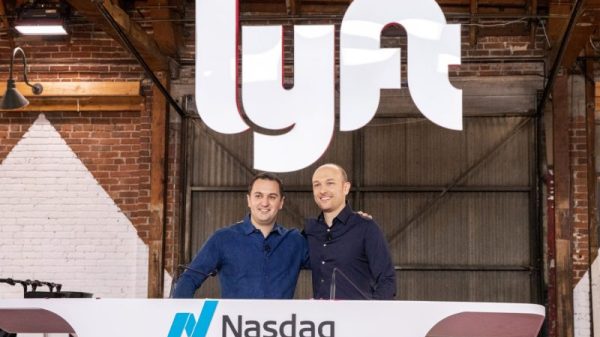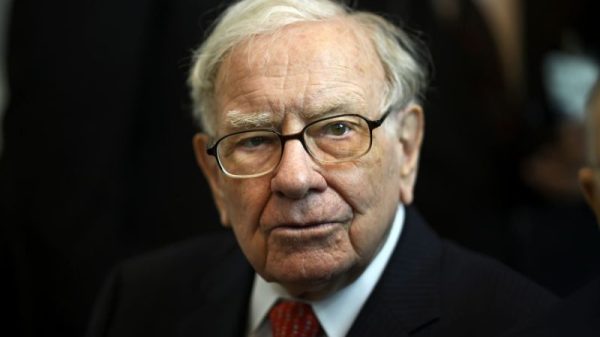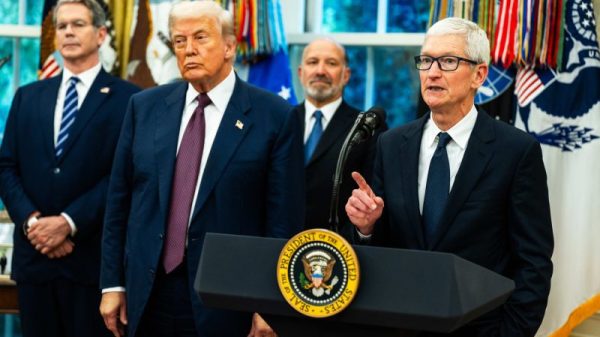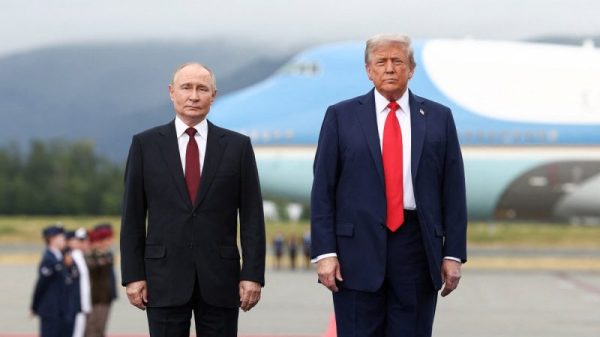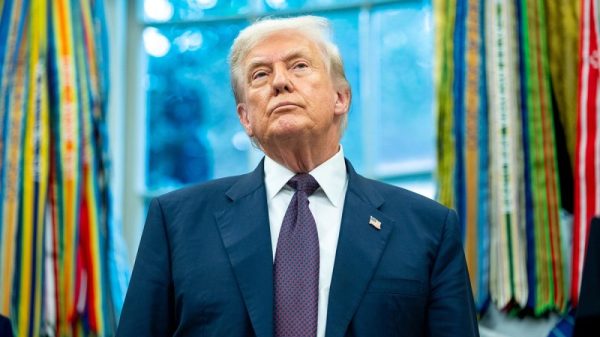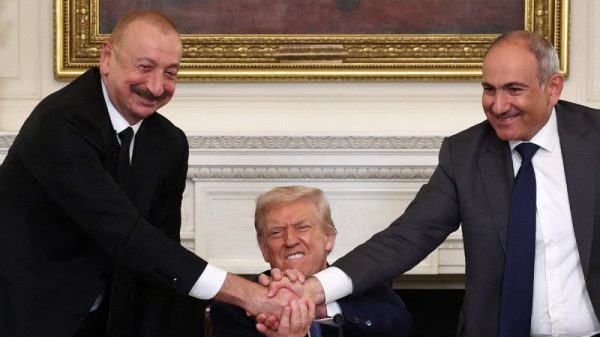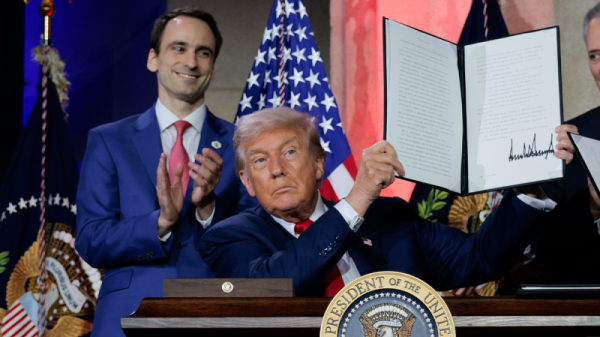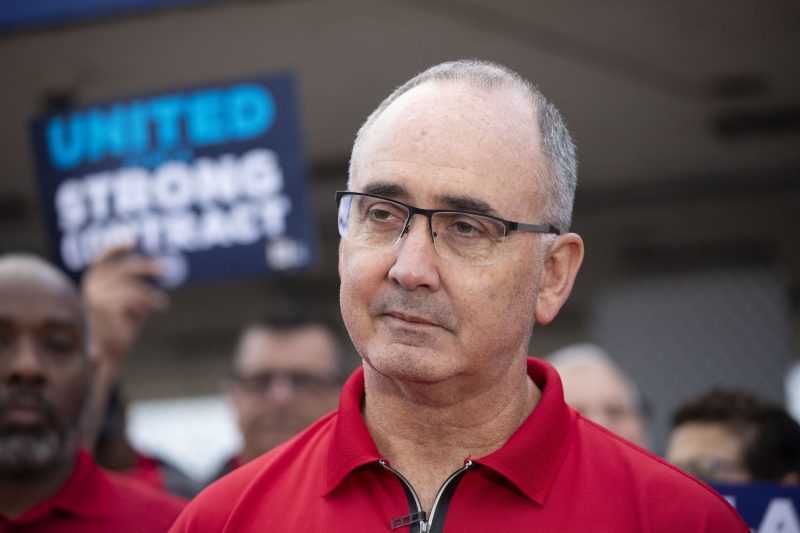In a recent turn of events, the United Auto Workers (UAW) has launched a formal challenge against the union vote results at the Mercedes-Benz factory in Alabama. The move came as a surprising development after the initial vote saw workers rejecting the unionization effort by a slim margin. The UAW has petitioned the National Labor Relations Board (NLRB) to conduct a new election, citing alleged interference and intimidation tactics by the company during the voting process.
The UAW’s challenge underscores the high stakes involved in unionization efforts at major automotive plants, particularly in the Southern United States where labor laws are traditionally more favorable to employers. The outcome of this dispute could have far-reaching implications not just for the workers at the Mercedes-Benz plant but also for labor relations across the entire industry.
One of the key points raised by the UAW in its challenge is the claim that Mercedes-Benz engaged in unfair labor practices during the run-up to the union vote. The union alleges that the company used undue influence and coercion to dissuade workers from voting in favor of union representation. Such tactics, if proven, would constitute a violation of the National Labor Relations Act and could potentially invalidate the original voting results.
The decision to challenge the union vote at the Mercedes-Benz factory reflects the UAW’s determination to secure better working conditions and wages for the plant’s employees. Unionization is seen as a crucial step towards achieving these goals, as collective bargaining provides workers with a stronger voice in negotiating with management. However, the road to unionization is often fraught with obstacles, as evidenced by the contentious nature of the recent vote and its aftermath.
The NLRB now faces the challenging task of independently investigating the UAW’s allegations and determining whether a new election is warranted. The outcome of this process could have significant implications for the future of labor relations at the Mercedes-Benz plant and could set a precedent for similar unionization efforts in the automotive industry.
Regardless of the final decision reached by the NLRB, the UAW’s challenge serves as a stark reminder of the complexities and conflicts inherent in labor relations. The struggle for workers’ rights and fair treatment in the workplace remains a constant battle, with each new union vote representing a pivotal moment in the ongoing fight for economic justice and dignity for all workers.






